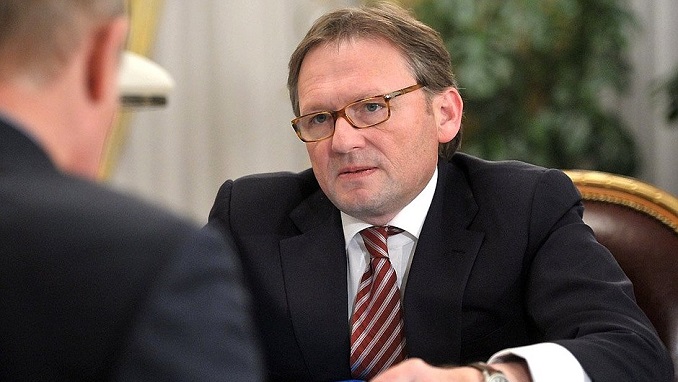Russian oligarchs based in the United Kingdom, many of whom are under criminal procedures in Russia, have asked President Vladimir Putin if they can return to their home country after their cases are reviewed, The Times reported. According to Russian Business Ombudsman Boris Titov, around 40 businessmen met with him last week in London, interested in the conditions for their return home.
The ombudsman earlier said Russia would ask Interpol to take down the names of Russian entrepreneurs “whose guilt did not seem evident to him”, from the wanted list. Titov, who is also a rival candidate to Putin in the upcoming presidential elections, chose not to name the businessmen, making it clear the document he handed Putin contains about a dozen people. “As yet, the list is not final, as we continue receiving applications,” he added.
The move comes after British security minister Ben Wallace sparked fear among some of London’s wealthy foreign contingent when he announced tough measures to crack down on criminals and corrupt politicians, like those portrayed in the hit TV series McMafia.
The British High Court has started to issue what are known as unexplained wealth orders (UWO’s) in which money could be frozen of those who were unable to explain how they acquired British assets worth more than £50,000.
“This new form of treating the country’s residents is a very bad signal. It shows that the UK’s political leadership has begun to play a completely new policy, starting a fight against the wealthy, so the country will lose this status of a haven for the rich,” Titov said.
In March 2017, it was reported that 500 wealthy and connected Russians were behind ‘the Global Laundromat’ whose banking records were obtained by the Organised Crime and Corruption Reporting Project (OCCRP) and the newspaper Novaya Gazeta.
Titov said the oligarchs “managed to flee Russia in order not to be detained there.” After that, usually criminal cases would be opened, and then the suspects are put on the wanted list. “This may continue for decades, and some people live outside for 20 years without a chance to return, as the criminal proceedings continue. There may be no claims against them, even Interpol may take them off the list, but the case in Moscow still continues,” Titov added.
Russia has opened facilities in six countries, where entrepreneurs may file applications in the desire to settle relations with Russia.
“We realize the problem is at the level of the system, people would not know what to do and how, thus not they, but we have made a step forward,” he said, explaining those facilities “are not offices, those are people, who volunteer to be helpful,” Titov said.












